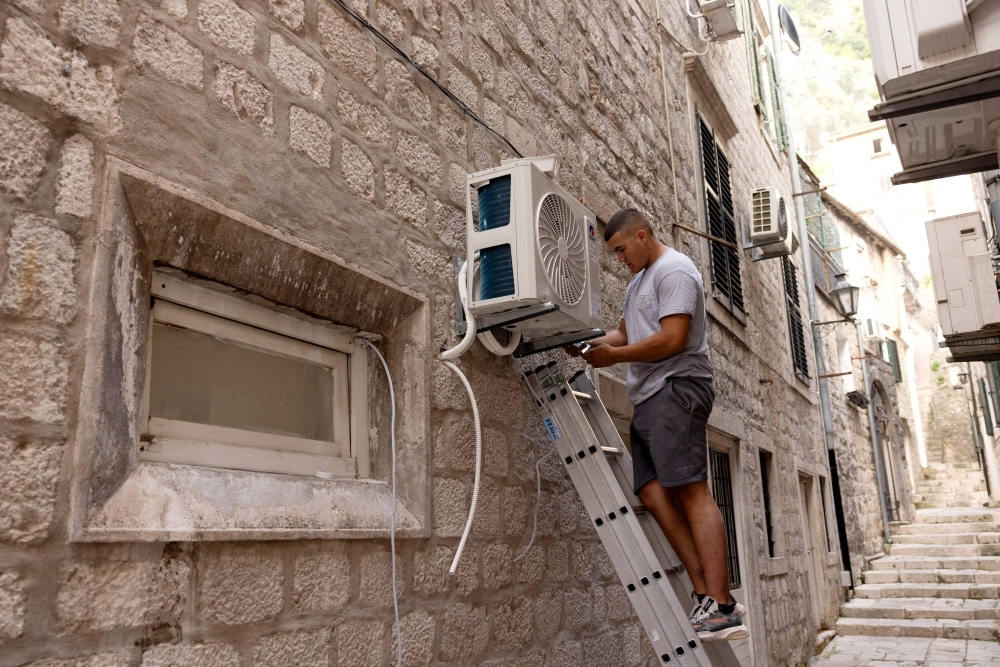The world’s power grids are failing as the planet warms
The world’s power grids are failing as the planet warms

www.japantimes.co.jp
The world’s power grids are failing as the planet warms

cross-posted from: https://lemmy.ml/post/18013671
The world’s power grids are failing as the planet warms

The world’s power grids are failing as the planet warms

cross-posted from: https://lemmy.ml/post/18013671